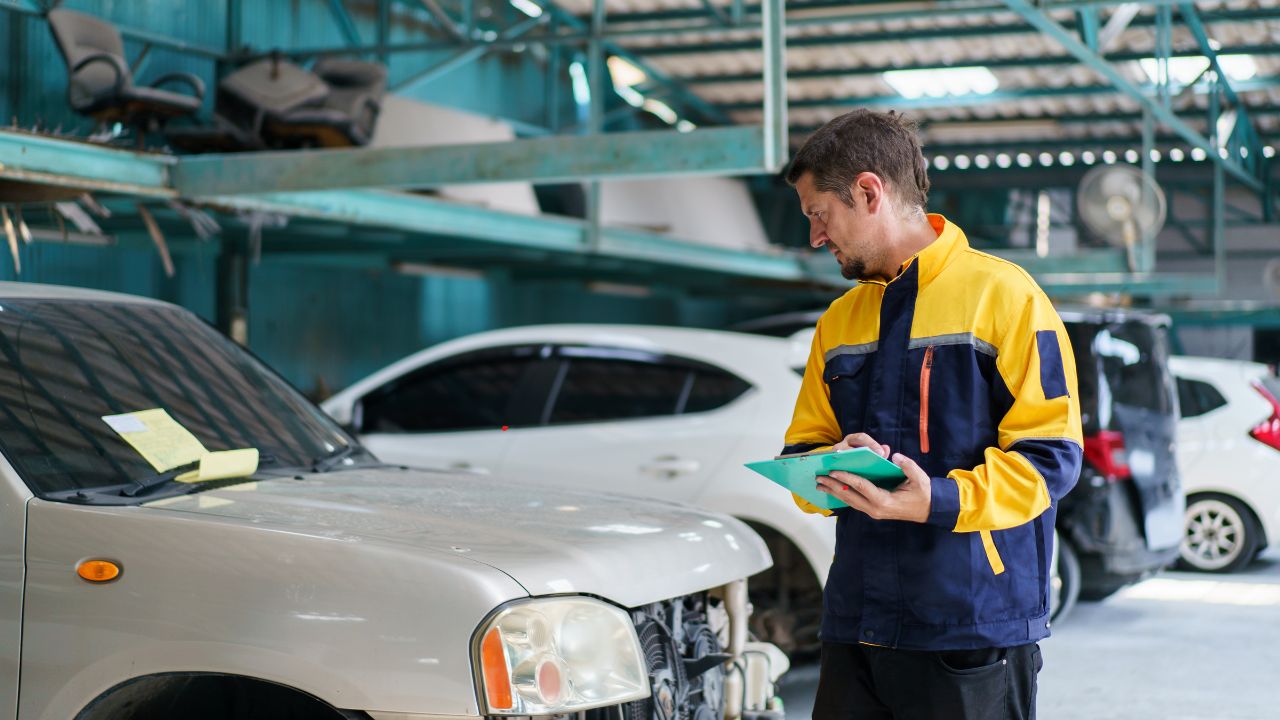Buying a used car in Arizona can be a smart and cost-effective decision, but it requires careful consideration to ensure you get the best deal. Whether you’re a first-time buyer or someone looking to upgrade, this guide will walk you through the essential steps to make your purchase a success. From understanding the local market to considering Arizona’s unique climate, here’s what you need to know.
Understanding the Arizona Used Car Market
The used car market in Arizona is diverse, offering a range of vehicles from budget-friendly options to high-end models. Arizona’s dry climate is often kinder to vehicles than regions with more humidity, which can be a bonus when shopping for a used car. However, it’s essential to be aware of common issues that can arise due to the desert environment, such as sun damage to paint and interiors.

Tips for Navigating the Market
- Research Vehicle History: Always start by researching the vehicle’s history. An Arizona license plate lookup can help you uncover important details like past accidents, ownership history, and more. This step is crucial to avoid buying a car with hidden problems.
- Check for Recalls: Make sure the car you’re considering doesn’t have any unresolved recalls. This information is typically available online and can be easily checked.
- Compare Prices: Arizona’s used car prices can vary widely depending on the dealership, location, and time of year. Take the time to compare prices from multiple sources, including online platforms, local dealerships, and private sellers.
Climate Considerations for Arizona Buyers
Arizona’s hot and dry climate has unique effects on vehicles, and understanding these can help you make a better purchase.
Sun Damage
The intense sun can cause significant damage to a car’s paint, dashboard, and seats over time. When inspecting a used car, check for signs of sun damage, such as faded paint, cracked dashboards, or brittle leather seats. If you find a car that has been garaged or covered, it may be in better condition than one that’s been exposed to the elements.
Air Conditioning
A robust air conditioning system is not just a luxury in Arizona; it’s a necessity. Ensure that the car’s AC is functioning correctly. A poorly performing AC can be a sign of other underlying issues, and repairs can be costly.
Tire Condition
The hot pavement can be tough on tires, leading to cracks and wear. Inspect the tires for signs of excessive wear or age. Tires exposed to extreme heat may need to be replaced sooner than those in milder climates.
How to Inspect a Used Car
Before purchasing any used car, a thorough inspection is crucial. If you’re not confident in your ability to assess a vehicle, consider hiring a professional mechanic to do it for you.

Exterior Inspection
- Check for Dents and Scratches: While minor scratches may be acceptable, dents or misaligned panels can indicate previous accidents.
- Inspect the Paint: Look for any signs of mismatched paint, which could suggest the car has been repainted after an accident.
- Check the Lights: Ensure all lights, including headlights, taillights, and indicators, are functioning correctly.
Interior Inspection
- Test All Features: Make sure the windows, locks, and all electronic features are working.
- Inspect the Seats: Look for tears, stains, or signs of wear that could indicate the car was not well-maintained.
- Check for Unusual Smells: A musty smell could indicate water damage, which is a red flag.
Mechanical Inspection
- Check the Engine: Look for any signs of leaks, corrosion, or worn belts.
- Test the Brakes: Ensure the brakes respond well and there’s no unusual noise when braking.
- Inspect the Suspension: During the test drive, notice how the car handles. Any bouncing or rough handling could indicate suspension issues.
Final Steps Before Purchase
Once you’ve found a car that passes your inspections, there are a few final steps to take before making the purchase.
Vehicle Identification Number (VIN) Check
Use a service to find VIN from license plate if it’s not readily available. This step helps verify the car’s identity and ensures that the VIN matches all the documents provided by the seller.
Negotiate the Price
Negotiation is a normal part of the car-buying process. Use the information you’ve gathered during your research and inspections to justify your offer. Don’t be afraid to walk away if the seller isn’t willing to negotiate to a fair price.
Review the Paperwork
Carefully review all paperwork before signing. Ensure that the title is clear and that there are no outstanding liens on the vehicle. If you’re buying from a private seller, make sure the seller’s name matches the name on the title.

Conclusion
Buying a used car in Arizona can be a rewarding experience if you follow these steps. By understanding the local market, considering the effects of Arizona’s climate, and thoroughly inspecting the vehicle, you can drive away with confidence. Remember to use resources like an Arizona license plate lookup to gather all the information you need, and always check the VIN from the license plate to ensure you’re getting exactly what you expect.